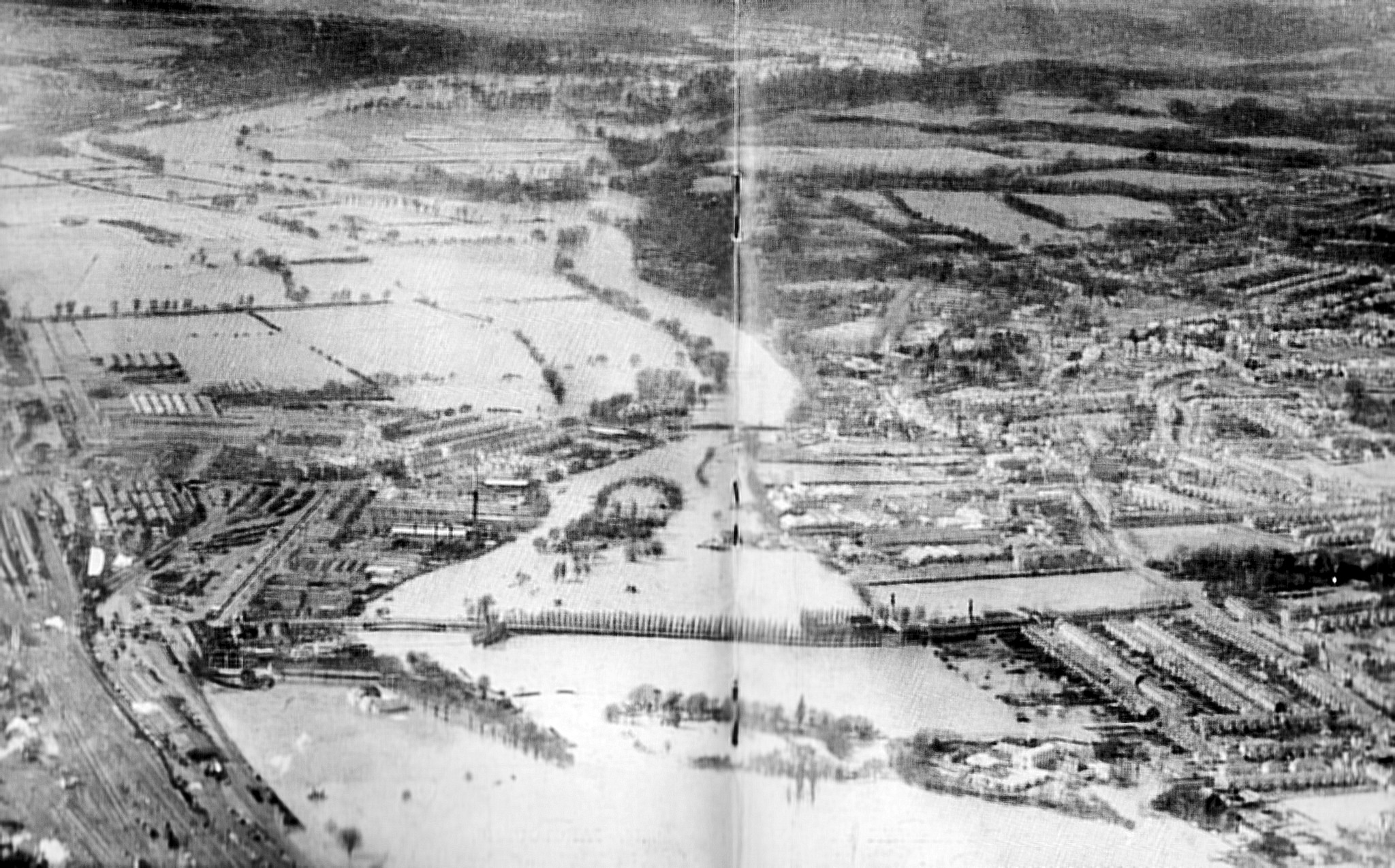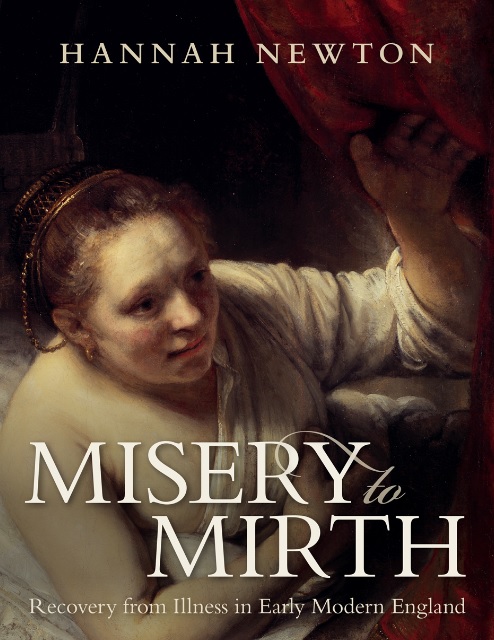Today’s revelation that there is ‘no realistic prospect’ of the UK Government meeting its smart energy meter installation target has led to it being labelled a ‘fiasco’ by critics. Jacopo Torriti, Professor of Energy Economics and Policy at the University of Reading and Co-Director of the Centre for Research into Energy Demand Solutions, spells out why a complete rethink could be in order if we really want to save consumers money.
The National Audit Office (NAO) report is telling us that the Government underestimated how long it would take to implement the infrastructure and technical standards for the second generation of Smart Meters (SMETS2). Significant technical delays resulted in the first SMETS2 meters only being installed in July 2017, over three years later than first planned.
We now need to learn from these mistakes. The decision on whether and how to spend several millions of Pounds on such a radical change for electricity systems cannot be rushed, but will need careful analysis. The next steps on decision on smart metering implementation in the UK will have to be based on the economic rationale of Cost-Benefit Analysis.










